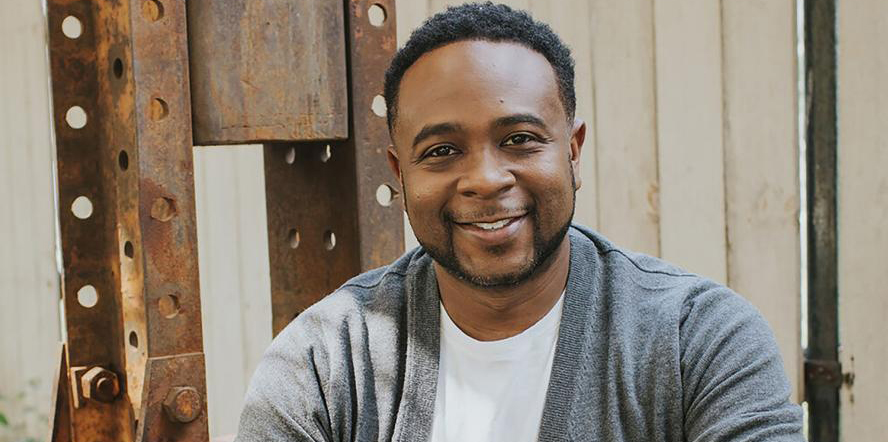History “has the receipts,” according to Jemar Tisby.
“History is just stories, and woe to us history teachers who ever make it boring,” said the professor at Simmons College of Kentucky and author of the new book The Spirit of Justice: True Stories of Faith, Race, and Resistance. “But here’s what I love about history: It has the receipts. … You can say what you believe, you can write about what you believe, but history shows us what you believe by what you actually do. And sometimes that story is deeply depressing because we fall short of the standards and the ideals of Jesus, but also history can be incredibly inspiring.”
Studying history, even the negative parts, can bring hope, he said in a recent interview.
 “When evil shows up, it’s almost predictable,” he explained. “Evil is very common. What is remarkable is that people resist evil. What is exceptional is the people who tapped into what I call the spirit of justice, to find the will, the motivation, the courage, the faith, the hope, the imagination to resist injustice and believe that tomorrow can be better than today. That’s why I study history and hope people will pick up the book and be inspired to.”
“When evil shows up, it’s almost predictable,” he explained. “Evil is very common. What is remarkable is that people resist evil. What is exceptional is the people who tapped into what I call the spirit of justice, to find the will, the motivation, the courage, the faith, the hope, the imagination to resist injustice and believe that tomorrow can be better than today. That’s why I study history and hope people will pick up the book and be inspired to.”
The idea for this new book came while he was writing his previous bestseller, The Color of Compromise. That book was about “white Christians behaving badly” and about how even though there are “people who compromised and were complicit with racism there were people who were courageous and confronted racism instead of compromising with it.”
“Evil is very common. What is remarkable is that people resist evil.”
In this new book, the scholar hopes to tell the stories of people who made bold stands.
Those stories could inspire people today who need to take bold stands against race and gender biases. For example, those who challenged Donald Trump’s recent statement about there being “black jobs.”
“It betrays a very superficial understanding of Black social and economic life,” he said. “This term is used by folks who don’t really know Black people, much less what we live through and are trying to take credit where the credit should often be toward local communities, grassroots organizations, even other politicians in political moments. … It’s an appeal to Black voters to try to support policies that historically have not benefited us. It’s a blanket statement that betrays a lack of nuance, and we shouldn’t fall for it.”
Those who stand up for justice could find their names written in future history books, he suggested. That’s true for his book, where he sought out information on real-life characters not known to many people today.
Writing this book reminded him that “the Lord always has a witness, that there’s always a remnant, that their stories are worth telling,” he said.
“I begin in the introduction talking about the 16th Street Birmingham church bombing, and the four little girls who were killed in a racial terrorist attack. There was a lawyer named Charles Morgan who was white and made the bold stand in telling white people in the community they were the ones who threw the bomb. Long story short, he gets run out of town, but the silver lining, if there is one, is he becomes a lifelong advocate for racial justice. Morgan dedicates his legal practice to fighting for and defending civil rights activists.”
He also validates a theme already known: Black women often are the unsung heroes of history’s stories.
“There’s an entire chapter on Black women in the Civil Rights Movement,” he said. “Often the plight of Black women was one of both racism and sexism.”
Related articles:
Politics, faith and mission: A conversation with Jemar Tisby | Opinion by Greg Garrett


